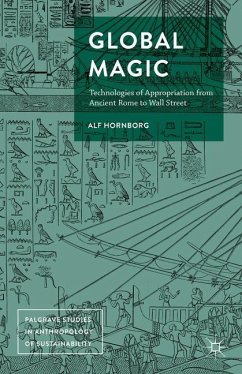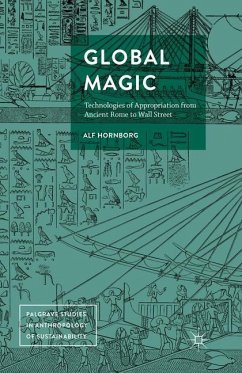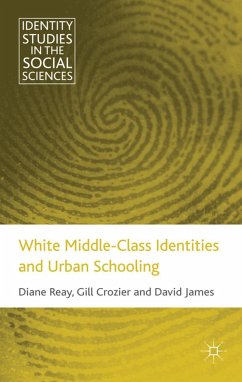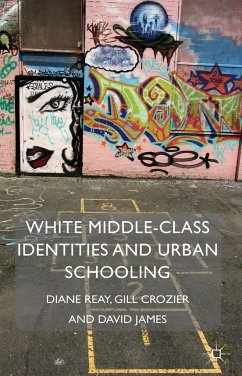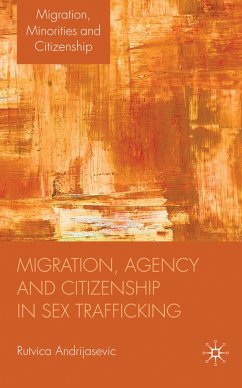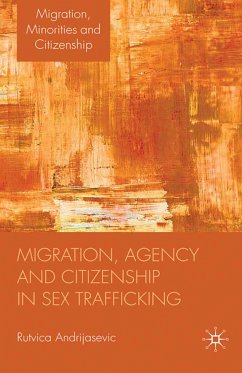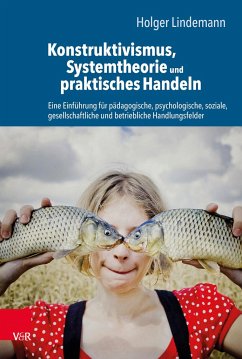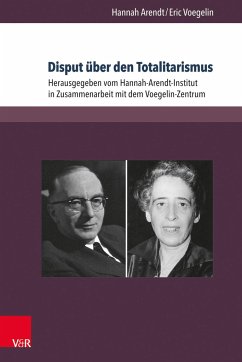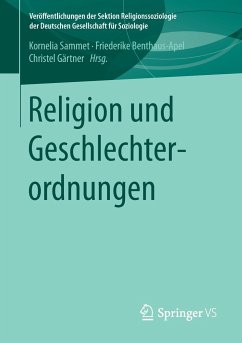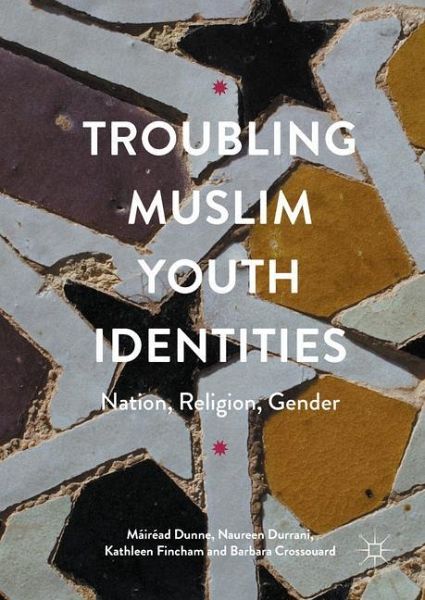
Troubling Muslim Youth Identities
Nation, Religion, Gender

PAYBACK Punkte
34 °P sammeln!
This book explores the production of Muslim youth identities, with respect to nation, religion and gender in Pakistan, Senegal, Nigeria and Lebanon. As Muslim-majority, post-colonial states with significant youth populations, these countries offer critical case studies for the exploration of the different grammars of youth identities, and 'trouble' the perceived homogeneity of Muslims in local and global imaginaries. The authors offer rigorous and detailed accounts of the local, situated and contingent ways in which youth articulate their identities and sense of belonging, and the book reflect...
This book explores the production of Muslim youth identities, with respect to nation, religion and gender in Pakistan, Senegal, Nigeria and Lebanon. As Muslim-majority, post-colonial states with significant youth populations, these countries offer critical case studies for the exploration of the different grammars of youth identities, and 'trouble' the perceived homogeneity of Muslims in local and global imaginaries. The authors offer rigorous and detailed accounts of the local, situated and contingent ways in which youth articulate their identities and sense of belonging, and the book reflects on the importance of affect, belonging and affiliation in the construction of youth narratives of identity as well as highlighting their political and contested nature.
Troubling Muslim Youth Identities will be of interest to students and scholars in the fields of development studies, social and cultural studies, gender, geography, education, and peace and conflict studies.
Troubling Muslim Youth Identities will be of interest to students and scholars in the fields of development studies, social and cultural studies, gender, geography, education, and peace and conflict studies.





